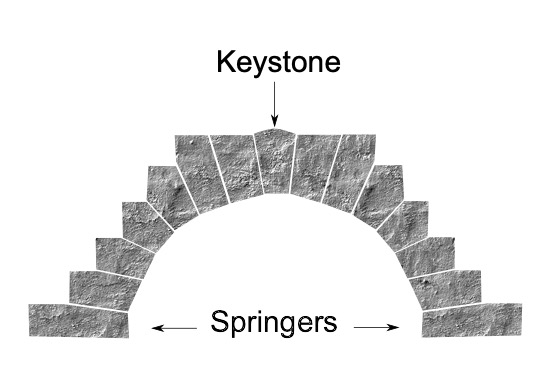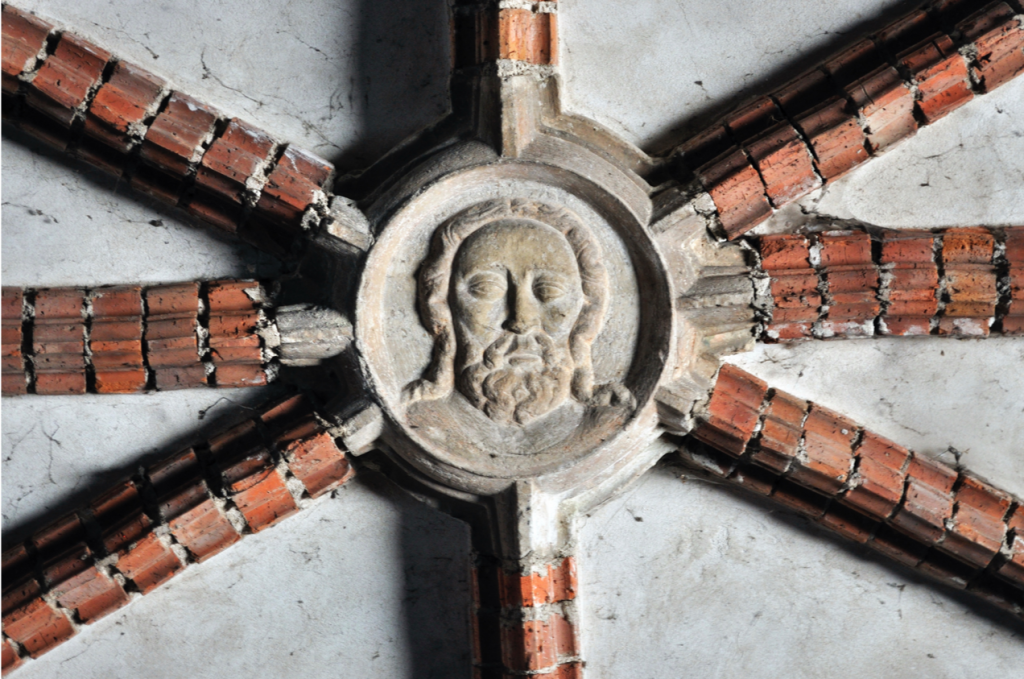Jeff Tacklind’s message on Luke 19:45-20:19
Sermon notes:
Luke 10
But say the word, and my servant will be healed. For I myself am a man under authority, with soldiers under me. I tell this one, ‘Go,’ and he goes; and that one, ‘Come,’ and he comes. I say to my servant, ‘Do this,’ and he does it.” When Jesus heard this, he was amazed at him, and turning to the crowd following him, he said, “I tell you, I have not found such great faith even in Israel.
Luke 20:1-8
One day, as Jesus was teaching the people in the temple and preaching the gospel, the chief priests and the scribes with the elders came up 2 and said to him, “Tell us by what authority you do these things, or who it is that gave you this authority.” 3 He answered them, “I also will ask you a question. Now tell me, 4 was the baptism of John from heaven or from man?” 5 And they discussed it with one another, saying, “If we say, ‘From heaven,’ he will say, ‘Why did you not believe him?’ 6 But if we say, ‘From man,’ all the people will stone us to death, for they are convinced that John was a prophet.” 7 So they answered that they did not know where it came from. 8 And Jesus said to them, “Neither will I tell you by what authority I do these things.”
“All sin starts from the assumption that my false self, the self that exists only in my own egocentric desires, is the fundamental reality of life to which everything else in the universe is ordered. Thus I use up my life in the desire for pleasures and the thirst for experiences, for power, honor, knowledge and love, to clothe this false self and construct its nothingness into something objectively real. And I wind experiences around myself and cover myself with pleasures and glory like bandages in order to make myself perceptible to myself and to the world, as if I were an invisible body that could only become visible when something visible covered its surface.” Thomas Merton
9 And he began to tell the people this parable: “A man planted a vineyard and let it out to tenants and went into another country for a long while. 10 When the time came, he sent a servant[b] to the tenants, so that they would give him some of the fruit of the vineyard. But the tenants beat him and sent him away empty-handed. 11 And he sent another servant. But they also beat and treated him shamefully, and sent him away empty-handed. 12 And he sent yet a third. This one also they wounded and cast out. 13 Then the owner of the vineyard said, ‘What shall I do? I will send my beloved son; perhaps they will respect him.’ 14 But when the tenants saw him, they said to themselves, ‘This is the heir. Let us kill him, so that the inheritance may be ours.’ 15 And they threw him out of the vineyard and killed him. What then will the owner of the vineyard do to them? 16 He will come and destroy those tenants and give the vineyard to others.”
When they heard this, they said, “Surely not!” 17 But he looked directly at them and said, “What then is this that is written:
“‘The stone that the builders rejected
has become the cornerstone’?[c]
18 Everyone who falls on that stone will be broken to pieces, and when it falls on anyone, it will crush him.”
19 The scribes and the chief priests sought to lay hands on him at that very hour, for they perceived that he had told this parable against them, but they feared the people.

“Supposing you had before you a manuscript of some great work, either a symphony or a novel. There then comes to you a person, saying, “Here is a new bit of the manuscript that I found; it is the central passage of that symphony, or the central chapter of that novel. The text is incomplete without it. I have got the missing passage which is really the center of the whole work.”
The only thing you could do would be to put this new piece of the manuscript in that central position, and then see how it reacted on the whole of the rest of the work. If it constantly brought out new meanings from the whole of the rest of the work, if it made you notice things in the rest of the work which you had not noticed before, then I think you would decide that it was authentic. On the other hand, if it failed to do that, then, however attractive it was in itself, you would reject it.” C.S. Lewis
“it is much safer to be feared than loved because …love is preserved by the link of obligation which, owing to the baseness of men, is broken at every opportunity for their advantage; but fear preserves you by a dread of punishment which never fails.” Machiavelli
“It is not the critic who counts; not the man who points out how the strong man stumbles, or where the doer of deeds could have done them better. The credit belongs to the man who is actually in the arena, whose face is marred by dust and sweat and blood; who strives valiantly; who errs, who comes short again and again, because there is no effort without error and shortcoming; but who does actually strive to do the deeds; who knows great enthusiasms, the great devotions; who spends himself in a worthy cause; who at the best knows in the end the triumph of high achievement, and who at the worst, if he fails, at least fails while daring greatly, so that his place shall never be with those cold and timid souls who neither know victory nor defeat.” Theodore Roosevelt
Questions…
–What is the authority I’ve been given? What am I doing with the resources I’ve been entrusted with?
–How are fear and anxiety holding me back? What would my life look like if I had more courage?
–How can I step more fully into who God made me to be and less what others perceive me to be? What would it cost me? How might it benefit my soul?


